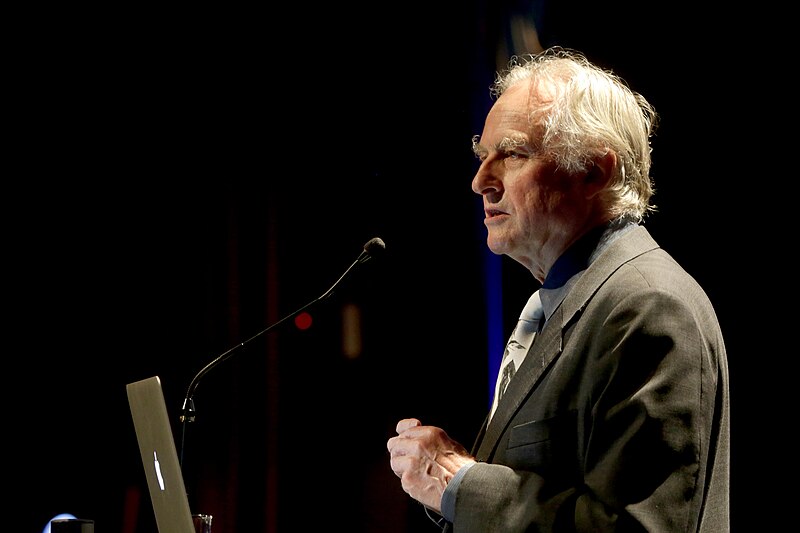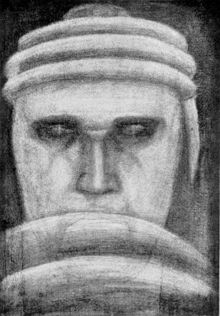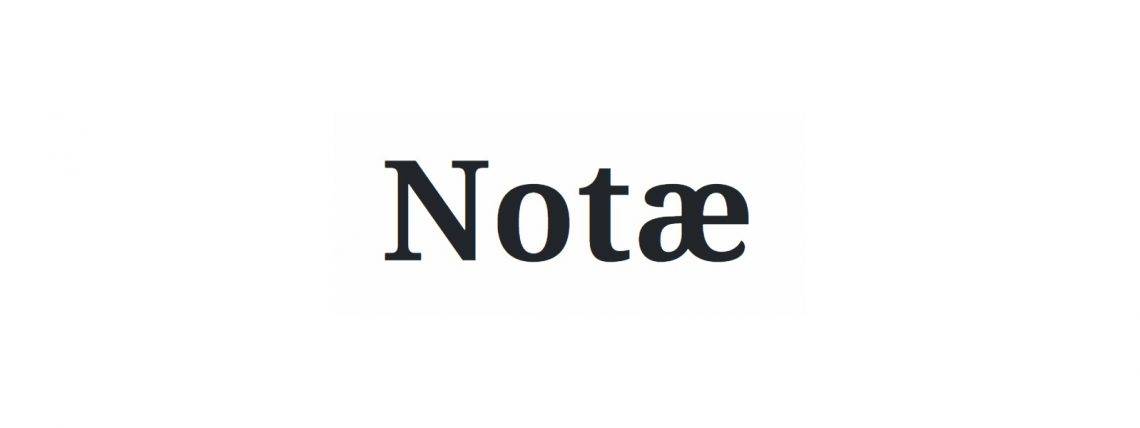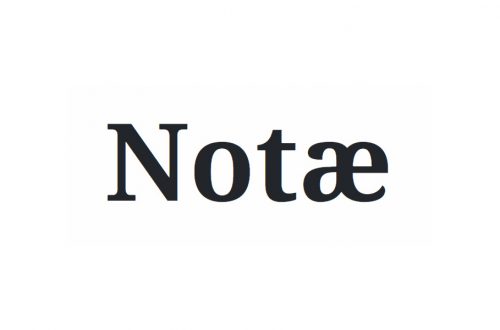“Richard Dawkins, Cultural Christian,” by Paul Shakeshaft in First Things

In April, Richard Dawkins declared that he considers himself a “cultural Christian.” A decade ago, the infamous New Atheist professor whimsically confessed to Rowan Williams that he sometimes catches himself humming hymns in the shower. Today, he is calling for the defense of Christianity as the established religion of Britain: “I feel at home in the Christian ethos. I feel that we are a Christian country.”
“From ‘Dune’ to Decadence (and Back),” by Ross Douthat in The New York Times

What’s getting less attention, and what I want to highlight, is the larger civilizational dynamic that the book sets up, and how it speaks to our own moment. In particular, it speaks to the ways that the developed world today feels stuck in a loop of decadence and disappointment and sterile repetition, from which (some) people look upward and outward in search of hope — seeking it in the promise of artificial intelligence, in genetic engineering and the dream of “transhumanism,” or in a new age of spaceflight or a revival of religion.
“My Childhood in a Cult,” by Guinevere Turner in The New Yorker

I was also raised to believe that we were eventually going to live on Venus. In my early twenties, years after I left the Family, I was describing my childhood to someone and she said, “That doesn’t sound like a commune—it sounds like a cult.” I still balk at this word and all the preconceived notions that come with it. What’s the difference between a commune and a cult? Here’s one: a cult never calls itself a cult. It’s a term created by people not in cults to label and classify groups they view to be extreme or dangerous. So it feels judgmental, presumptuous, and narrow in scope. It makes me feel protective of my upbringing. You don’t know how it was.
“The Buried Life,” by Charles Taylor in The Lamp

So the conditions come together to make issues of meaning more and more central and urgent: not only the new “middle-class” population, for whom issues of identity remain undecided; not only the decline in prestige which comes with the challenge to certain traditional class identities; but now as well the need to defend the intrinsic worth of any identity against the demands of an instrumental rationality which offers higher and higher payoffs.



